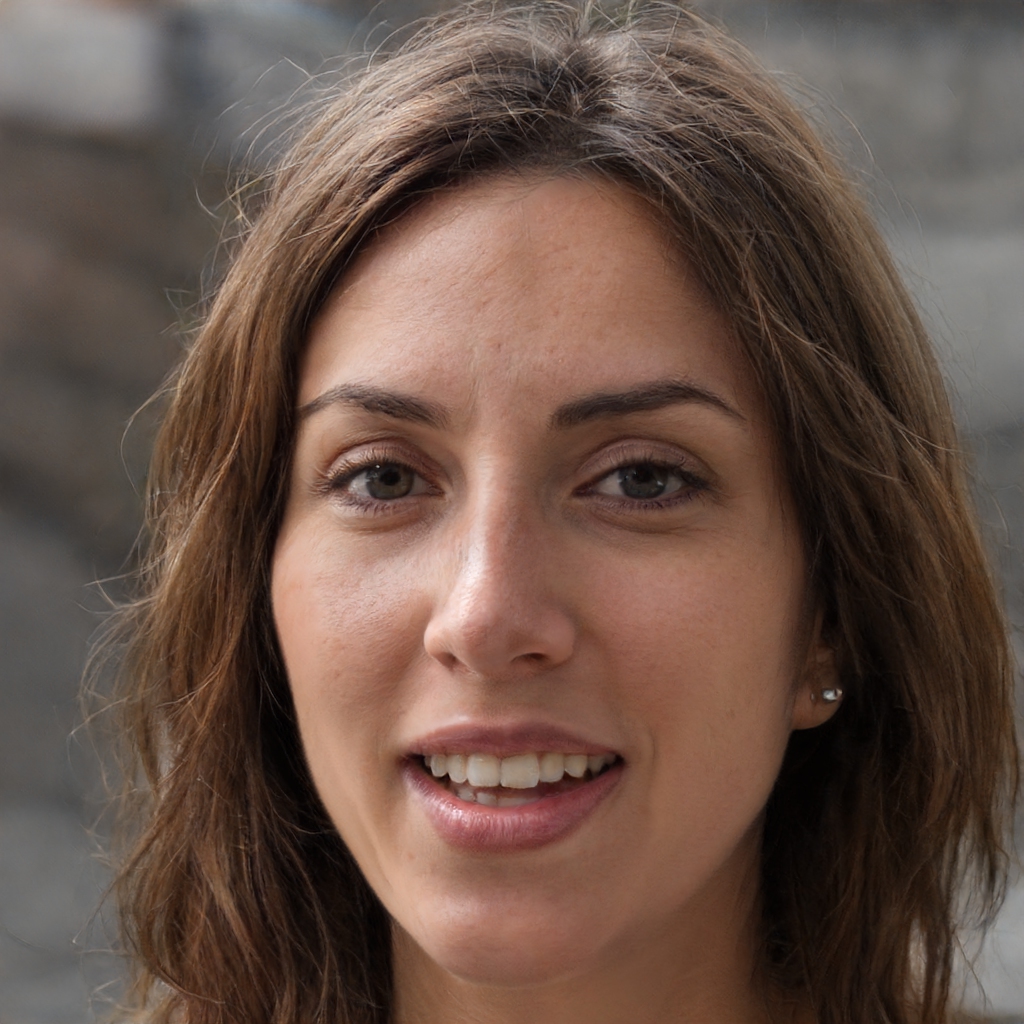We have learned that having joy is the purpose of our existence. So why does happiness sometimes seem so indescribable? Maybe it's because we don't understand what happiness really is... and what it isn't.
What is happiness?
At its simplest level, happiness is the temporary elevation of the mental state to a level above the usual emotional balance. In other words, it means feeling good.
There are many ways to trigger a feeling of well-being: playing with a friend, playing a fun game, or even eating a piece of cake, but it never lasts long. We often end up jumping from one source of pleasure to another trying to find that feeling.
But isn't there such a thing as happiness that lasts?
Yes. But it is much more subtle than we think, and that is why we often miss the mark. The world tells us that a life worth living should be full of adventure, that our days should be a thrilling ride down an easy and fun road. But, truth be told, you don't need constant excitement to live happily.
Lasting happiness, which could be called true happiness, is more a feeling of peaceful and stable well-being than an obvious sense of euphoria. Fun and pleasures disappear, but true happiness is not a passing state of mind, it lasts much longer. Pleasure is raising our emotions above our balance point; true happiness is raising one's own balance point.
You may think that to experience stable happiness, one should enjoy constant prosperity and be free from pain and difficulties. But studies show that favorable circumstances do not guarantee happiness, and unfavorable ones do not prohibit it.
On the contrary, of all the factors that influence our happiness, it is our choices that weigh the most. Ulisses Soares, of the Presidency of the Seventies, taught "Happiness is the product of habits, behaviors, and thought patterns on which we can deliberately act.
Happiness is more than a good mood or a carefree life, it is a way of thinking and living that we can control. Overall mood is certainly influenced by genetics and our upbringing, but our personal choices play an important role. In short, "happiness is a choice that anyone can make."
How can I be happy?
So how exactly do we "choose" to be happy? What is the secret ingredient in our happiness cake? As Elder Soares explained, true happiness requires "continuous effort over time to achieve something more important in life." Similarly, Viktor Frankl, holocaust survivor and renowned psychiatrist, put forward the idea that happiness is "the side effect of personal dedication to a life journey greater than ourselves .
And what course could be higher than the one God has laid out for us? In our pursuit of happiness, we need look no further than our Heavenly Father's plan. After all, it is not for nothing that it is called the "plan of happiness"! (Alma 42:8, 16).
Many scriptures testify that following God's plan brings happiness. Although a righteous life does not spare us all pain, it puts us in a position where we can more easily experience happiness in this life and leads to exaltation and eternal joy in the world to come.
Like faith, happiness can be weakened or strengthened by our actions. If we spend our time pursuing passing amusements, our happiness will be "blown away with every wind" (Ephesians 4:14).
But if we strive to live a righteous life, we will obtain a stable sense of underlying peace and happiness that will weather all storms. And by putting faith before entertainment, we can discover true joy, which only those who are "truly penitent and humbly seek happiness" find (Alma 27:18).

My name is Maria. I am passionate about theology and I have been writing about the religious world for 5 years. I am curious and research everything about the religions around the world. I love researching the curiosities that guide the most varied doctrines in different countries and languages. Today, I am an editor and love to share my knowledge on the portal Prayer and Faith.